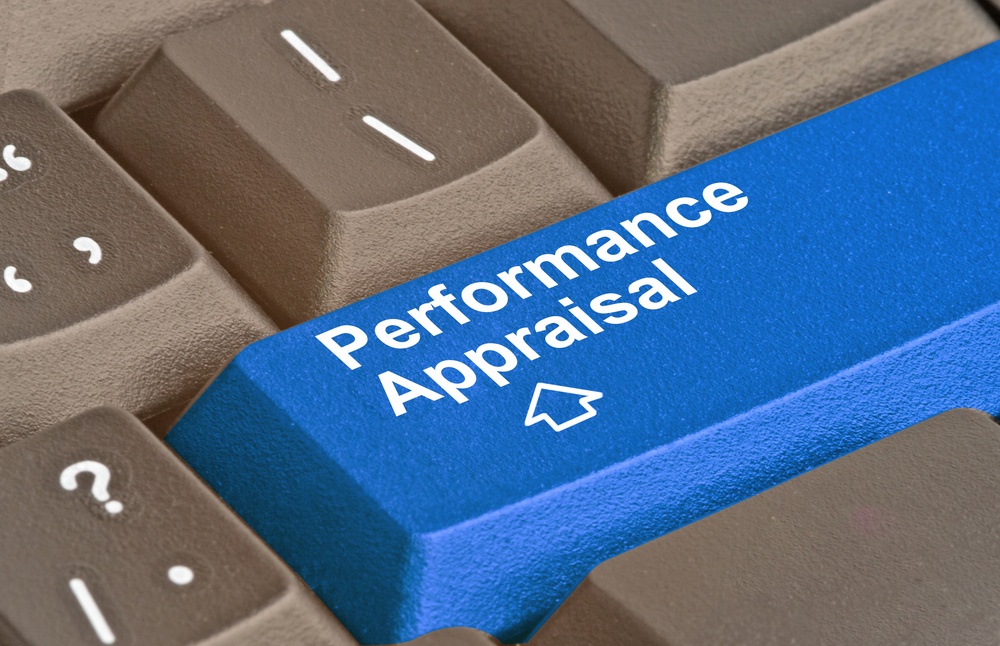“Performance Management isn’t dead. The old way of thinking about it is.”
Anita Bowness
You will no doubt have heard about the discussions on the value and relevance of performance management with many global companies such as Coloron, GE, Accenture, Deloitte and Google announcing that they are moving away from their traditional performance management systems.
Now, this is where it can get confusing. To answer the question I posed in the title of this article it’s worth looking at a few definitions as my own view is quite simple:
Performance management certainly has a place in organisations. How such systems are designed and used needs updating to reflect the changing make-up of the work force and strategic needs of organisations and their employees. The companies I have mentioned have started the ball rolling, to understand more about why, let’s look at a few simple definitions.
Performance Management Versus Performance Appraisal

Definitions:
Performance Management:
“Performance management is the activity and set of processes that aim to maintain and improve employee performance in line with an organisation’s objectives. It’s strategic as well as operational, as its purpose is to ensure that employees contribute positively to business goals. Ideally, performance should be managed holistically, throughout the range of HR activities and processes.” CIPD
Performance Appraisal:
“Performance appraisals, sometimes called performance reviews, are one of a number of performance management tools that aim to ensure employees’ performance contributes to business objectives and should be used as part of a holistic approach to managing performance.”
CIPD
Fact: When the above-mentioned companies announced they were ’getting rid of’ performance management, what they actually meant and did was stop doing the annual performance appraisal.
Brian Jensen Head of Global Human Resources at Coloron announced back in 2002 that Coloron would stop carrying out an annual appraisal and instead had found more efficient ways of reinforcing the desired behaviour and managing performance. His HR industry colleagues were appalled and yet over recent years the value of annual performance appraisals has increasingly been challenged in favour of more regular ‘performance conversations’.
Why The Need to Move Away From The Annual Performance Appraisal?
Time investment
In a 2016 article for People + Strategy, a Deloitte manager referred to the review process as “an investment of 1.8 million hours across the firm that didn’t fit our business needs anymore.”
From my own experience working in corporate organisations the scale of time invested into annual performance reviews has become increasingly difficult to justify across global organisations
when it’s value is being constantly questioned.
Engagement
It may or may not surprise you to realise that Millennials or Gen Y, as they are often referred to make up 50% of the global workforce.
Rebecca Longman from Red Ponder, a US based HR consultancy suggests that:
“If people don’t feel valued and recognised or don’t understand why they need to do what they’ve been asked to do, they will still work (they’re getting paid after all) but they won’t give you their best. Hence the low levels of engaged people in the workplace”.
Millennials don’t have the same patience for more traditional-style performance appraisals. According to Longman, the trend is moving towards giving “regular, bite sized feedback”.
This seems to work as the younger generation of employees respond well to recognition and reward systems. (which incidentally isn’t always financially driven. What motivates Millennials is a conversation for another time.)
It causes rather than solves problems

Annual performance appraisal has proved useful to employers over many years. They allow a business to keep employees accountable, track individual performance over time and reward those who excel.
Today, however, the annual review can cause issues such as:
- Managers do not have time to coach due to organisational demands on them. This means they just about cover their bases with team members rather than coaching.
- Millennials want regular feedback, open communication, and collaboration with their peers. They are ambitious and want to progress hence they want to know what they need to do to get there fast. This means more real-time feedback and consistently.
- If feedback is being managed in this way through weekly and monthly check-ins employees are asking the question, what’s the point of the annual conversation?
- The use and emphasis of financial rewards and end of year grading (and therefore perceived punishment) related to this annual discussion demonstrates that these rewards
are based on an individual’s past behaviour and metrics, rather than focusing on improving current performance and developing future talent.
- Reviews focus on process rather than outcomes.
Let’s be honest, both the latter two are critical to any organisations future success.
In my years within the corporate world and having worked with many organisations in my capacity as a trainer and facilitator, I have yet to meet anyone who is comfortable and motivated with the language used in the classic 9 box grid performance management matrix.
Most people irrespective of their career ambitions want to be at least a good performer with high potential. Who wants to be labelled “moderate potential”? Even if that is a fact, in the right role, with coaching, motivation and managed well, this person could be a significant contributor.
Many leading organisations, as we are aware, have been moving away from the annual performance appraisal and adopting new approaches to performance management.
What Are The Alternatives?

When you research what is evolving in the world of performance management, there is one overriding message. In contrast to the traditional annual performance review, regular conversations about performance and development shift the focus to developing individuals so that an organisation can compete today and in the future.
Here are two examples:
Google: As a business, Google has always shied away from what’s traditional. Their focus is working with employees to set their own OKR’s (Objectives and Key Results). A manager’s role is then to coach team members towards achieving them.
Adobe: Introduced what they call a frequent check in program where employees receive regular on the job feedback.
Their research shows that; voluntary employee turnover has decreased by 30% and involuntary departures have risen by 50%.
The latter is because managers are now required to have those tough underperformance conversations today rather than putting them off for until tomorrow or even that end of year conversation.
In summary, performance management is changing, business researcher Josh Bersin estimates that about 70% of multinational companies are moving towards a ‘frequent check in’ model. Companies are shifting their managers focus from management towards coaching and developing tools to encourage real time feedback.
What’s happening in your organisation?
Until next time,
Julia









